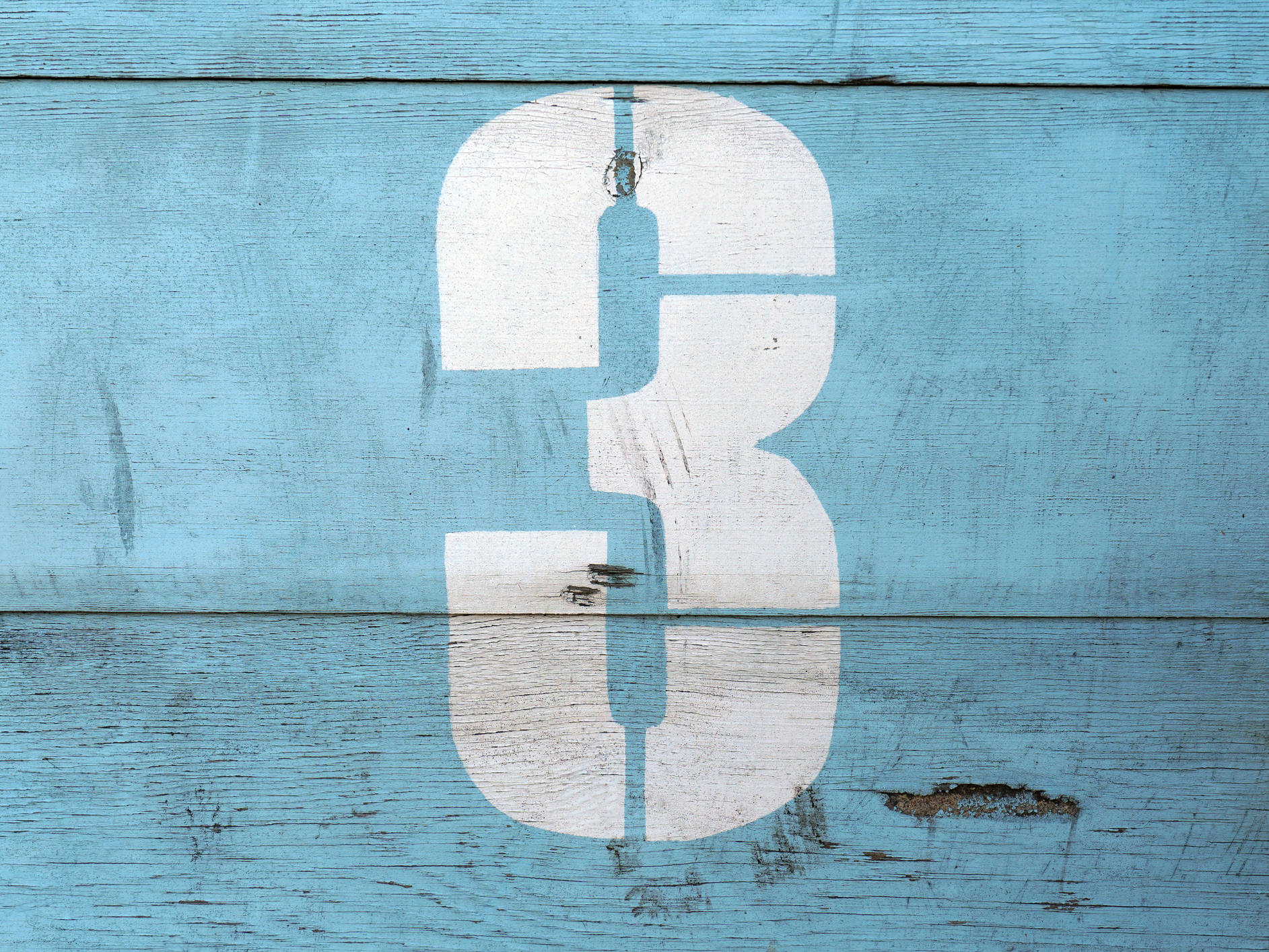Get Easy Health Digest™ in your inbox and don’t miss a thing when you subscribe today. Plus, get the free bonus report, Mother Nature’s Tips, Tricks and Remedies for Cholesterol, Blood Pressure & Blood Sugar as my way of saying welcome to the community!
3 factors making COVID-19 more severe (besides pre-existing conditions and age)

The most frightening thing about COVID-19 is that it manifests so mildly in some people and so severely in others. It’s hard to determine who’s going to spend a week on the couch and who’s going to end up in the hospital on a ventilator.
Of course, we already know that pre-existing health conditions like high blood pressure, heart disease, lung disease, kidney disease, and diabetes put you more at risk for a severe case of COVID-19. We also know that being older puts you at a bigger risk for a more severe case of COVID-19. But what other factors do? Why do some relatively healthy adults get super sick while others don’t?
We’re a long way from knowing the answer to this question with certainty. But we do know three additional factors that could determine how sick someone gets:
- The amount of virus they’re exposed to;
- The amount of sleep they’re getting;
- The amount of stress they’re under.
Healthcare workers could teach us why some people get sicker
Research shows healthcare workers are getting sicker than other people from COVID-19. And there are a lot of theories as to why this may be…
First off, it’s well-known that some viruses are dose-dependent. The more of the virus you’re exposed to, the more severe your symptoms. What’s not well known is whether SARS-CoV-2 (the virus that causes COVID-19) is one of these viruses.
The influenza virus is one of these viruses. A 2015 study found that study participants exposed to a higher dose of influenza virus had worse symptoms. But there haven’t been similar tests that compare SARS-CoV-2 dose with symptom severity (and there likely won’t be), because the virus is too dangerous. There have, however, been tests in animals examining other coronaviruses (SARS and MERS). And guess what? Higher doses of those coronaviruses do lead to more severe symptoms.
The fact that SARS-CoV-2 could be dose-dependent has a lot of people wondering if the level of exposure is why healthcare workers are getting sicker than others. But that’s not the only factor that could be contributing to more severe cases of COVID-19 in healthcare workers.
Related: A few more uncommon symptoms of COVID-19 you should know about
Factors that could make COVID-19 more severe
Stress and sleep deprivation could be contributing to more extreme cases too. It’s a well-established fact that stress weakens your immune response. And although there’s no research on its direct impact on COVID-19, it does increase your risk of getting other viruses, like colds and flu. Plus, it causes you to have a harder time shaking these viruses.
Research shows not getting enough sleep can increase your risk of getting colds caused by rhinoviruses. In fact, in one study, people who slept less than five hours per night were significantly more at risk for colds than people who slept seven or more hours per night.
Once again, we don’t know for sure how all these factors play into the severity of COVID-19 cases. But they’re all factors to consider as we wait for more research to emerge.
Lectrofan High Fidelity Noise Machine
With 20 Unique Non-Looping Fan & White Noise Sounds & Sleep Timer
3 ways to protect yourself
So, the take-home message here is that you should:
- Keep your stress levels down. Now more than ever, it’s important to pay close attention to how you’re feeling. If your stress levels are high due to what’s happening with the virus or what’s happening with the economy, consider seeking outside help. The National Alliance on Mental Illness has created a helpful guide that contains tips for managing your stress and information about free or inexpensive resources for coping with anxiety right now.
- Pay extra special attention to your sleep. Make intentional decisions that help you get a good night’s sleep consistently. Don’t read the news before bed if it keeps you up. Cut out coffee if you need to. Limit beverages in the evening so you don’t get up to go to the bathroom and end up tossing and turning half the night. Stick to a set sleep schedule. All these things can help you sleep well when you need it most.
- Keep social distancing. Even though we don’t know for sure if COVID-19 is dose-dependent, there’s enough evidence that it could be to warrant staying away from people and situations where you could be exposed to the virus in a high dose. You won’t be exposed to it in a high dose from your groceries. Or from walking six feet away from someone while you take your dog for a walk. You will if you come in close, prolonged contact with someone who’s carrying the virus (even if they’re not showing symptoms yet). So, keep social distancing.
Sources:
- Health care workers getting sicker from coronavirus than other patients, expert says— CNN Health
- Coronavirus: Does the amount of virus you are exposed to determine how sick you’ll get?— MedicalXpress
- COVID-19 Resource and Information Guide— National Alliance on Mental Illness













